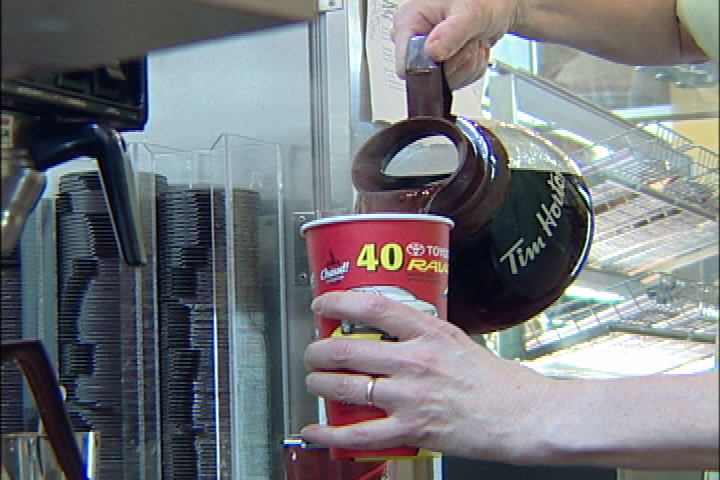University of Manitoba researchers are working on a trailblazing study: to see whether discarded paper cups can be transformed into biofuel like ethanol.
Dr. David Levin, a biosystems engineer professor, says the project originally began using hemp and straw. Then, he realized the same method could be applied to disposable paper cups, like the millions that are wasted every day.
"That’s a lot of cups being discarded and producing waste, so we work with bacteria that eat cellulose and convert them into biofuels," said Dr. Levin.
He says, so far, it’s working.
Dr. Levin and his team of researchers are also trying to figure out why the Tim Hortons cups work better than all the rest.
"We’ve also tested on Starbucks cups and the bacteria seemed to convert the Tim Hortons cups to fuels at a higher pace," said Dr. Levin.
He believes the idea of using paper cups to make fuel could be a reality in the future, as long as there’s enough supply to do it.
It takes hundreds of paper cups to produce just a small amount of biofuel.
Special bins have been set up outside Tim Hortons locations at the U of M campus to collect discarded cups. So far 5,000 cups have been collected.
Researchers are planning to meet with officials from Tim Hortons next week to share the results of their study.




Comments